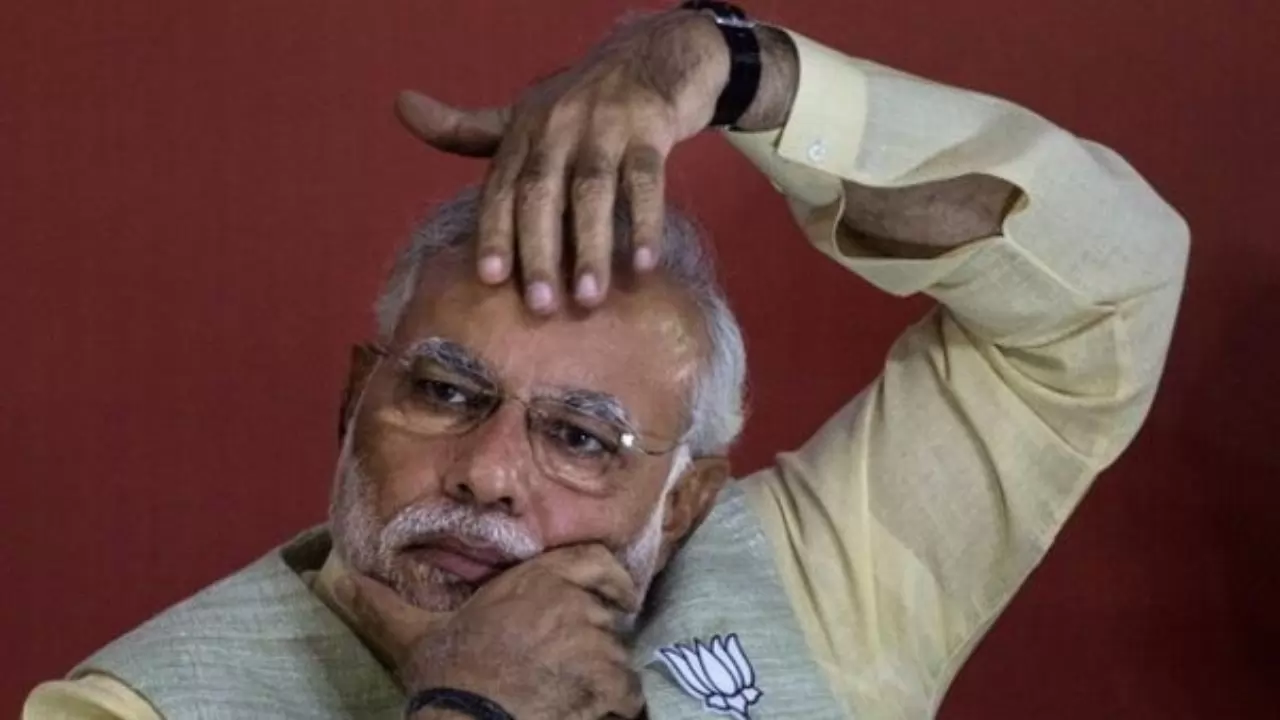
X
In a significant development, the Bharatiya Janata Party (BJP) witnesses a sharp drop in strength in the Rajya Sabha. The BJP has been reduced to 86 members following the completion of the terms of four of its MPs. This change affects the National Democratic Alliance (NDA) as a whole, bringing its tally to 100, which is 12 short of the majority mark in the upper house of the Indian Parliament.
The terms of four BJP MPs—Prabhat Jha, Kanta Kardam, Vinay Sahasrabuddhe, and Vijila Sathyananth—have recently ended, resulting in a reduction of the party’s numbers in the Rajya Sabha. This change has significant implications for the party’s ability to pass legislation and maintain its influence in the upper house.
With the reduction in BJP’s numbers, the NDA's overall strength in the Rajya Sabha has dropped to 100. This is 12 seats below the majority mark of 112. The NDA, led by the BJP, now faces a more challenging scenario when it comes to passing critical legislation without the support of other parties or independents.
The reduction in BJP’s strength in the Rajya Sabha can lead to potential challenges in the legislative process. With the NDA falling short of the majority mark, the party will need to rely on support from other parties, independents, and nominated members to ensure the smooth passage of bills. This situation may require the BJP to engage in more negotiations and compromises to secure the necessary votes. Holding a majority in the Rajya Sabha is crucial for any ruling party as it allows for easier passage of legislation.
The Rajya Sabha, being the upper house of Parliament, plays a significant role in reviewing and amending bills passed by the Lok Sabha. Without a majority, the BJP and the NDA may face increased scrutiny and opposition, potentially slowing down their legislative agenda.





Copyright © 2026 Top Indian News
